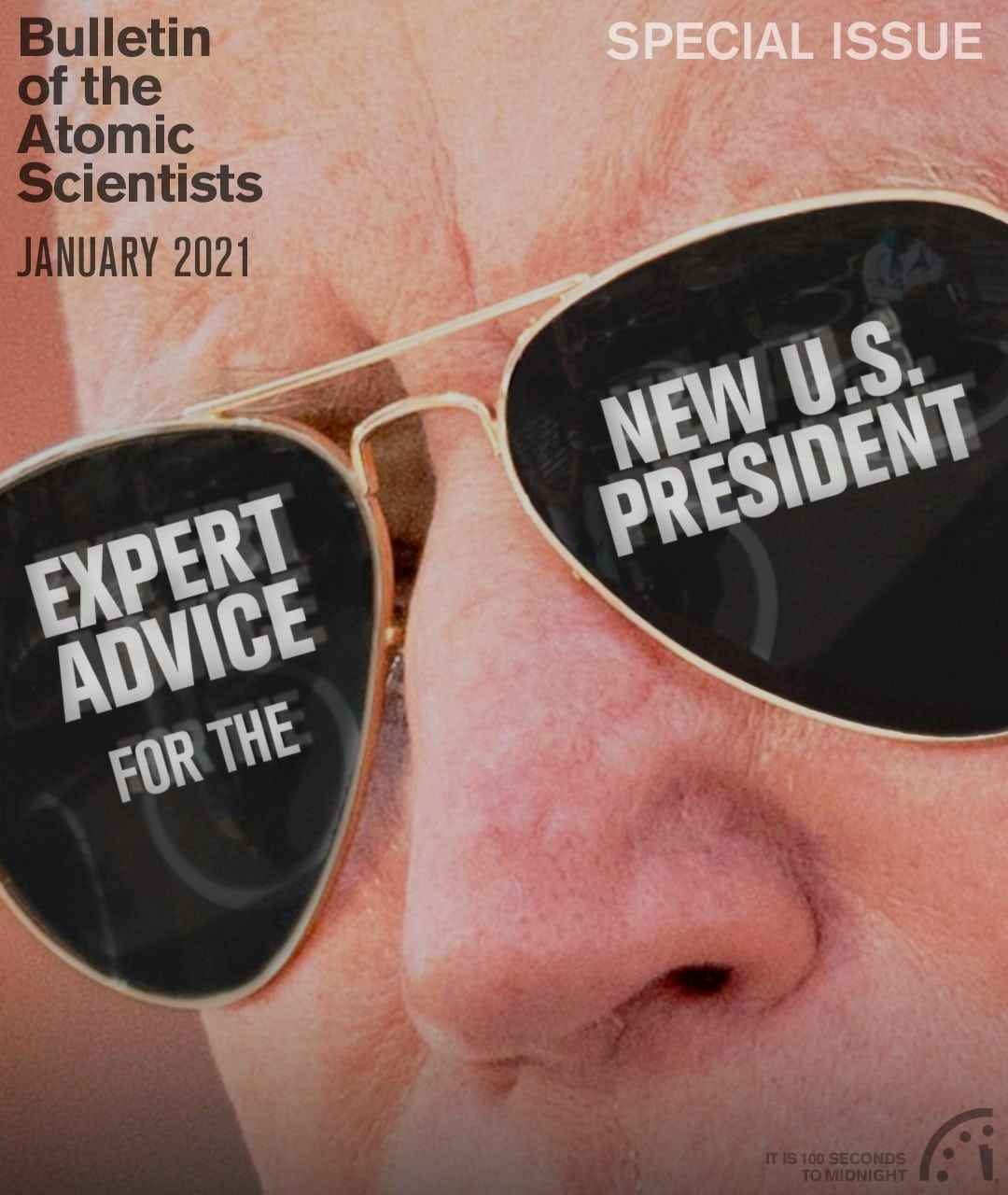Okay, he’s finally in the Oval Office. But what should Joe Biden do first on climate?
By Bill McKibben | January 12, 2021
Image courtesy of Tumisu/Pixabay.
Okay, he’s finally in the Oval Office. But what should Joe Biden do first on climate?
By Bill McKibben | January 12, 2021
Loading...
Together, we make the world safer.
The Bulletin elevates expert voices above the noise. But as an independent nonprofit organization, our operations depend on the support of readers like you. Help us continue to deliver quality journalism that holds leaders accountable. Your support of our work at any level is important. In return, we promise our coverage will be understandable, influential, vigilant, solution-oriented, and fair-minded. Together we can make a difference.
Keywords: Joe Biden, Sunrise Movement, climate change, climate change finance, climate crisis, global warming
Topics: Climate Change
Get alerts about this thread
0 Comments
Oldest





















